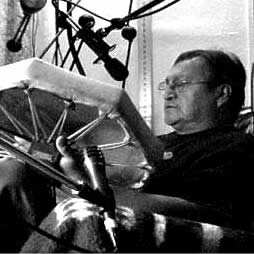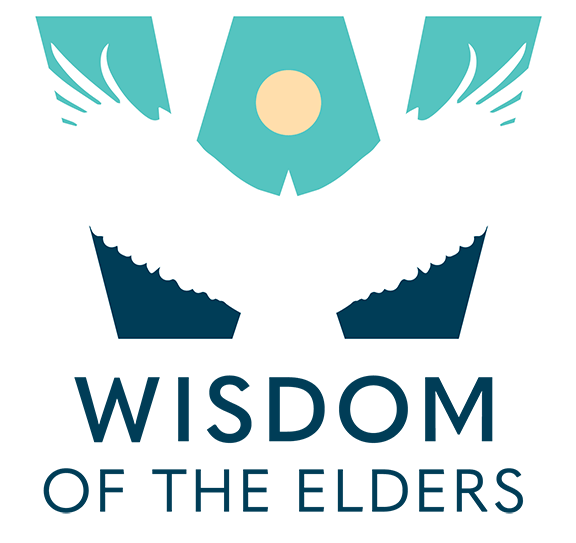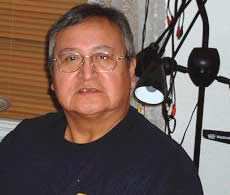Spirit of Song
Without having an understanding of or researching who you are and how you identify with your culture. If you understand how important language is, then that’s the focus. That’s preservation, and that’s what I’m into.
 You can look at it from all other perspectives, but the bottom line is the songs. Songs never change especially in things from the Densmore collection, Rhodes collection, or Walker collection. I have all those things. It’s a virtual library that I have. I have access to songs I haven’t even touched. There hasn’t been a need for them. How they come about are, for instance, I’ll give you an example of, on Spirit of Song.
You can look at it from all other perspectives, but the bottom line is the songs. Songs never change especially in things from the Densmore collection, Rhodes collection, or Walker collection. I have all those things. It’s a virtual library that I have. I have access to songs I haven’t even touched. There hasn’t been a need for them. How they come about are, for instance, I’ll give you an example of, on Spirit of Song.
Having that understanding and knowledge I can take a look back. In Spirit of Song, when we first did that and how that came about, I like everyone else, didn’t know anything. I didn’t know anything. Matter-of-fact I can’t blame a lot of these young people or make them, belittle them in any way, because I went through that, all the stuff that comes along with alcohol and drugs.
My Indian name is Nica Ole. My Auntie Bessie, whose maiden name is Brave Thunder, named me in the community of Bullhead. My grandfather was a composer of a lot of songs, that had I been told that he and old man Strawshoot composed years back. On occasion, I run across my grandfather’s name in different historical documents, like singing at a Sundance in Little Eagle. There’s a lot of history there.
In some instances, I have also seen things, or heard things, and been told things that will come to pass through songs.
I used to observe people standing up to flag songs at Pow Wows way back in the early ’70s. I would ask these people what are they saying? I was curious, and I wasn’t trying to offend anyone. The response was, “I don’t know. We always do that, that’s what we do.” I said, “There’s, there’s got to be words in there. Do you know those words in there?” They’d say, “No, I don’t know, but maybe if you ask my uncle or grandpa, they might help you.”
All my uncles in the community sing. I can remember them, Pat Foot, Jake Two Furs, my uncle Bill Red Fish and Cecil Little Eagle. He was young then. He was singing with those guys. Then there was Isaac Red Bear, I can’t think of them offhand, but I can see them sitting around that drum singing. I used to dance to that and be around and ingrained with that pride. It stays with you. That’s why it’s so important to sing for these little ones. They always remember those things. As I begin t identify with singing, my brother and I, Jigs or Francis, the youngest one, start picking up on love songs. Tahomni songs.
In the process of wanting to learn more, the language started becoming a part of my life. The ones who do have the knowledge or the wisdom like you say, the elders, you have to speak to them in Lakota.
I would listen to the history they would tell me of stories or songs that they would talk to me about. There’re a lot of things, songs that I wrote, or translated while I was mourning my son.
In that process, I found a song in a Densmore collection. It’s called an “Individual Honor Song”. When I first heard that it was instantaneous. I liked the tune. I heard the words and I sang them. I did not understand its history. I in about ten months Mr. Dewar Shabo came and asked me to go teach a class. Right then and there, I said, “You know, there’s a spirit in these songs.” For me, it was helping me and saving me. I called it a Spirit of Song. I liked the theme of it. That first class I taught at the Standing Rock College, now Sitting Bull College was called “Spirit of Song”. We started with students who were learning from scratch. All of the people you hear singing in there are pretty good. At that time I had hardly any experience. A few of them like my brother, but other than that most of them picked up from class. We had some guests too. The basic students are the ones who learned from that class and I was learning right along with them.
I started studying Chippewa Music Volume One and Two. I started studying Thomas Bennon, Jr. I even visited him one time. I started looking into songs, then different kinds of beats, and different kinds of pronunciations, and how those all fit and came together, changing the tempo of a song, making it fast or slowing it down in between, and all other things. I passed that information on to the students and it became the Spirit of Song. The rest is history so-to-speak.

 Earlwin B. Bullhead, Nica Ole, The Curious One, is an enrolled member of the Standing Rock Nation. He is Hunkpapa/Oglala/ Sihasapa/Lakota/Dakota. He was born on August 20, 1948, at Fort Yates, North Dakota. His education is listed as Bullhead Day School, Pierre Indian School/Pierre Learning Center, Wahpeton Indian School, McLaughlin High School, Western States College of Electrical Engineering, Sitting Bull Community College, and the University of North Dakota.
Earlwin B. Bullhead, Nica Ole, The Curious One, is an enrolled member of the Standing Rock Nation. He is Hunkpapa/Oglala/ Sihasapa/Lakota/Dakota. He was born on August 20, 1948, at Fort Yates, North Dakota. His education is listed as Bullhead Day School, Pierre Indian School/Pierre Learning Center, Wahpeton Indian School, McLaughlin High School, Western States College of Electrical Engineering, Sitting Bull Community College, and the University of North Dakota.